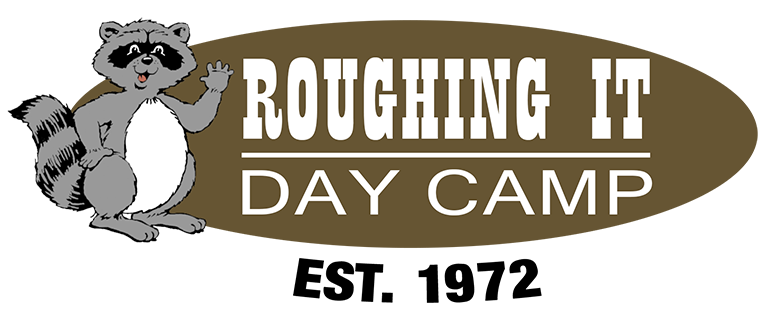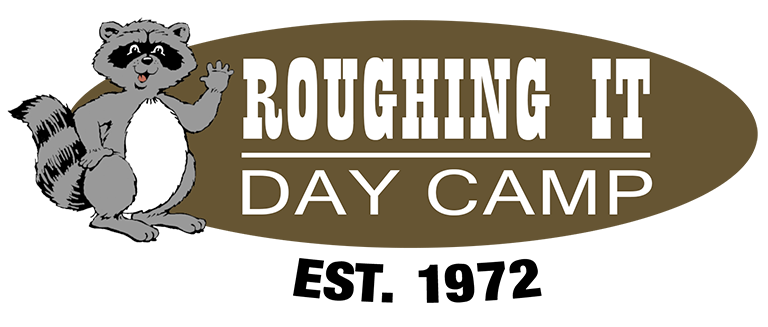
The closeness a group of campers form during those brief, yet full, camp weeks often linger long after camp has ended. For many children, camp is the place where they learn not only how to make friends, but more importantly how to keep friends.
In the Tim Gun method of “make it work,” camp confronts campers with social circumstances that require them to reach beyond their current coping mechanisms. Camp makes it possible in a short period of time for campers to gain new social skills and tactics needed to communicate, connect and ultimately relate to others in more creative and innovative ways.

Children who attend camp often have:
-Confidence in speaking their feelings
-A sense of pride in themselves that promotes confidence in others
-Listening, processing and focusing techniques
-Knowledge of their personal limits and boundaries
-Empathy and compassion for others
-And, most importantly, the ability and willingness to compromise
The friendship tools campers gain at camp follow them into their school years, often assisting them as they navigate the tumultuous social scene of school campuses, teachers and classmates. Many parents notice during the school year, “How [their campers’] confidence has grown. [How their campers are] more outgoing, make friends easier and are more willing to try new things….” after they have attened camp.
![2gtenvc[1] resized 600](../../../../wp-content/uploads/blog_import/CampTeachesChildrentoMakeandKeepFriendsallYearLong2.jpg)
Camp provides a foucsed opportunity for children to work on social and friendship skill building. Garnering them with tools and techniques to use in all of the social situations life may present during and after camp.
What social skill did you gain from attending camp?
a href=”http://www.bloglovin.com/blog/2998499/ready-for-camp-blog?claim=r73kmmnjrae”>Follow my blog with Bloglovin



